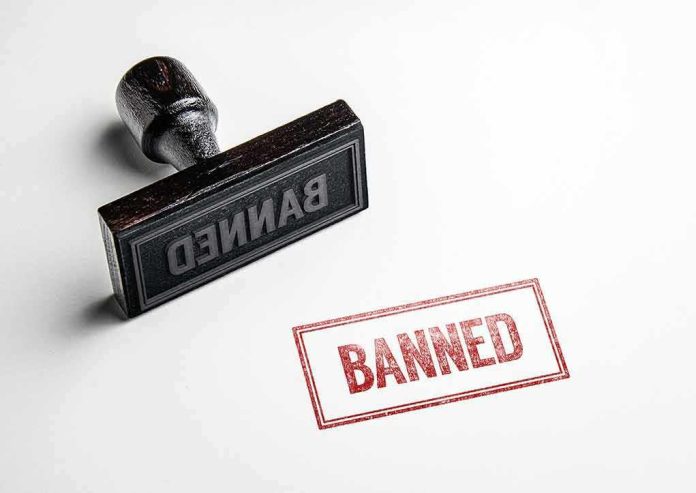
Roblox’s crackdown on pedophile hunters has sparked outrage among families, exposing the dangers of woke moderation and raising urgent questions about corporate priorities versus true child safety.
Story Snapshot
- Roblox banned a prominent YouTuber, “Schlep,” who worked with law enforcement to expose child predators on the platform.
- The ban comes as lawsuits and media reports accuse Roblox of failing to protect children from grooming and exploitation.
- Corporate policies now appear to punish those taking direct action to defend kids while serious safety gaps persist.
- Roblox’s new AI moderation and age checks face skepticism amid public and legal pressure for real accountability.
Roblox Bans Vigilante Predator Hunter as Child Safety Concerns Mount
In August 2025, Roblox, a platform with almost 82 million daily users—most of them children—banned “Schlep,” a YouTuber known for working alongside law enforcement to expose and help arrest predators targeting kids online. Roblox issued a cease and desist order against Schlep, accusing him of violating platform rules. This move, coming at the height of public outrage and a wave of lawsuits, has ignited a national debate about whether the company is silencing those who step up when official moderation fails.
Schlep’s ban comes against a backdrop of mounting lawsuits and grim headlines. In April 2025, a child abduction case was directly linked to interactions within Roblox’s virtual world. Victims’ families and advocacy groups allege that the company’s mix of AI moderation and human oversight is insufficient to keep predators at bay. Critics say Roblox has prioritized user growth over fundamental safety, with repeated incidents of grooming and exploitation leading to years of legal scrutiny and public criticism.
Platform Responsibility Versus User-Driven Safety Initiatives
The controversy highlights a fundamental clash: should platforms like Roblox monopolize safety and moderation, or allow independent actors to help police abuse? Roblox’s official stance emphasizes advanced technology and round-the-clock moderation, but the banning of Schlep—who operated transparently and in coordination with law enforcement—suggests that user-led safety efforts are now being suppressed. This shift has alarmed parents and advocates who see such bans as undermining the very community vigilance needed to protect children.
Legal experts and advocacy groups point out that Roblox’s liability may depend on whether it took “reasonable steps” to prevent harm. The company’s recent rollout of stricter age verification, AI-based detection, and restricted access for minors is intended to address these gaps. However, many remain unconvinced, noting that similar promises in the past failed to stop serious abuse. The chilling effect on users willing to report and expose predators could further erode trust in the platform’s commitment to safety.
Legal, Social, and Political Backlash Intensifies
Multiple lawsuits filed in California, Texas, Georgia, and Louisiana allege Roblox failed to protect children and enabled ongoing exploitation. Political leaders, including state attorneys general and members of Congress, are now calling for robust regulatory intervention and stiffer penalties for platforms that fall short on child safety. Financially, Roblox faces the risk of costly settlements, declining user trust, and legislative mandates that could reshape the entire industry’s standards for moderation and age verification.
Socially, the ban of vigilante users like Schlep sends a message that independent efforts to defend children online may not be welcome, fueling anger among parents and conservative communities. The broader debate now centers on whether corporate moderation—often shaped by woke ideology and legal fears—should override common-sense, community-driven action to safeguard the most vulnerable users.
Gaming Platform Roblox Under Fire on Child Safety https://t.co/nEEOkKvKCE | 🔽 Read More 🔽
— NEWSMAX Health (@NewsmaxHealth) August 22, 2025
Experts warn that pushing out individuals who expose abuse could embolden predators and discourage reporting. As Roblox rolls out AI tools and new rules, families and policymakers are watching closely to see whether these measures will finally deliver real protection or simply paper over deeper accountability failures. The outcome could set a precedent for every online platform where children gather—and for the conservative values of parental authority, responsibility, and the defense of innocence.
Sources:
Los Angeles Times: Roblox faces lawsuits over child safety (2025-08-15)
Dolman Law Group: Roblox Lawsuit
Altman & Altman LLP: Roblox Sexual Abuse Lawsuit & Child Sexual Abuse Claims




